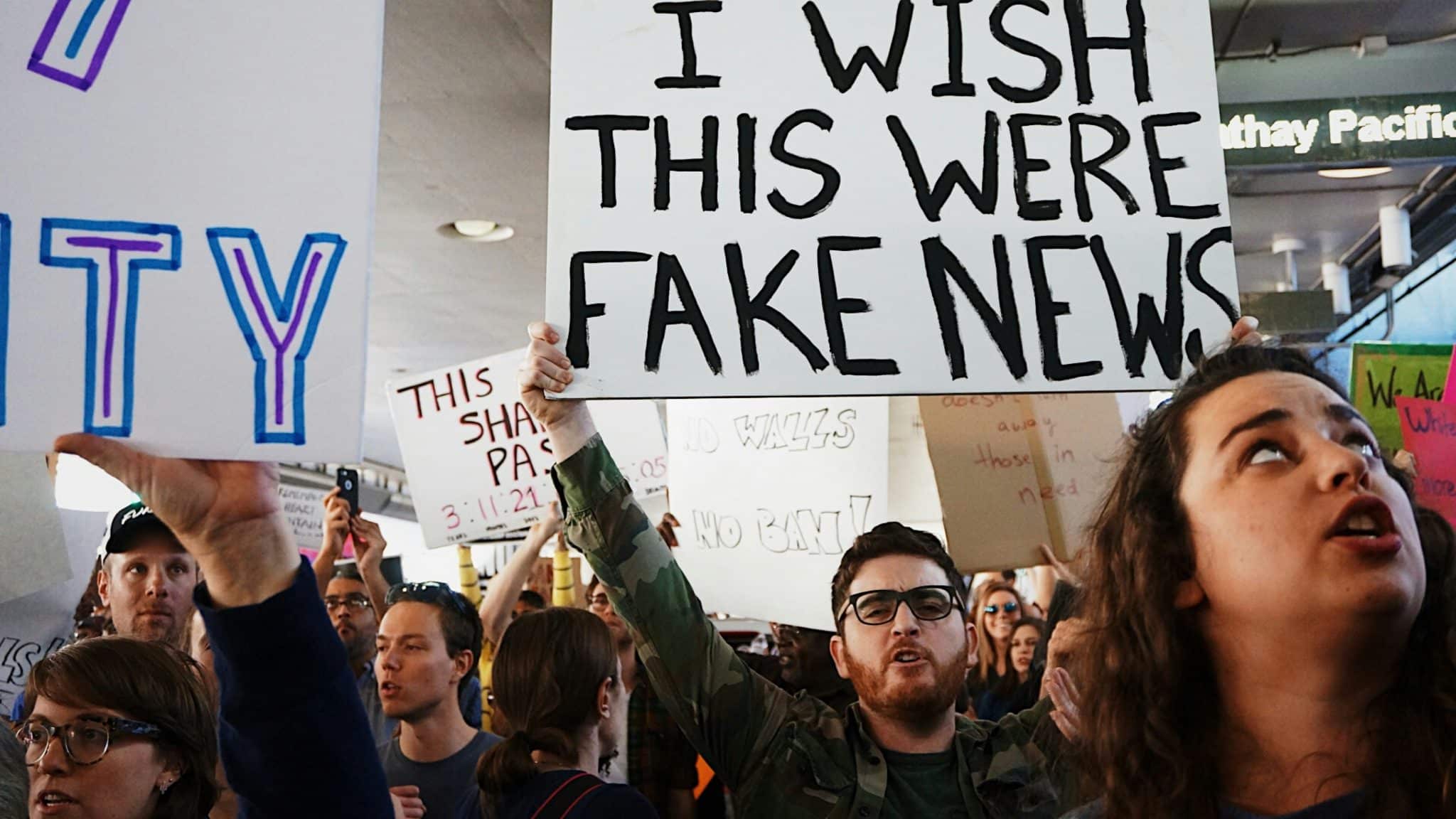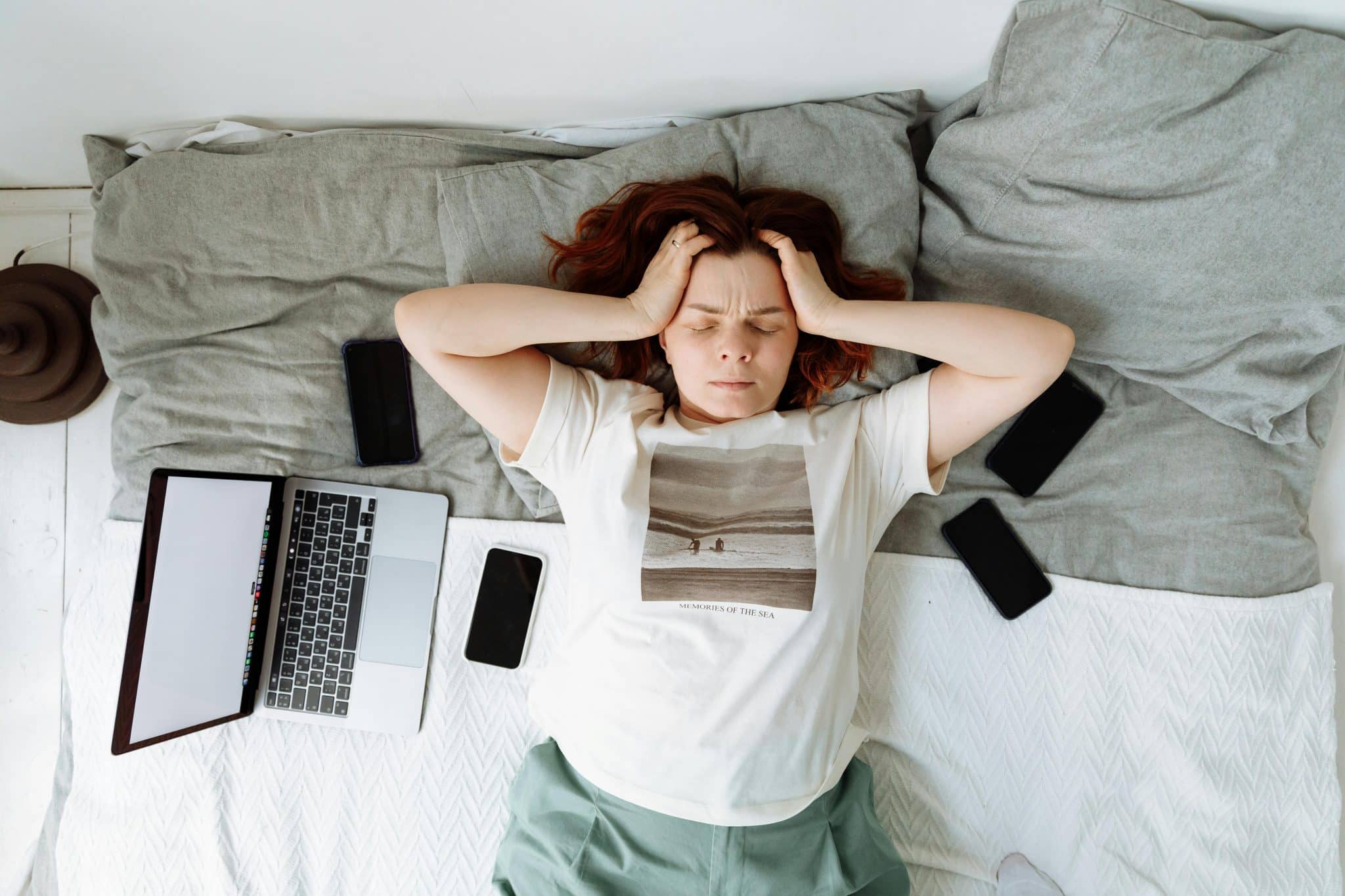What’s Draining Your Energy? How Digital Life Quietly Exhausts Your Mind

TL;DR
- Micro-decisions are draining your energy before you realize it
- Attention residue makes it harder to focus even after short screen checks
- Passive scrolling isn’t rest
- Freedom blocks distractions to help your brain reset
- Simple, automated systems protect your cognitive fuel
Why You Feel Drained Without Doing Anything
Your brain makes around 35,000 decisions each day. Most of them happen invisibly: Should I check this notification? Should I open Instagram? Should I reply to that Slack ping? Every micro-decision takes a tiny toll.
That fuzzy exhaustion you feel after doing “nothing” all morning? That’s digital energy drain in action. And much of it stems from the way modern technology is designed to hijack attention—as explored in this analysis of app design tricks.
The Cognitive Cost of Constant Input
You’re not choosing between life-changing options. You’re switching tabs, glancing at emails, deciding what to click. But each of those costs energy. This phenomenon, known as decision fatigue, is more than just a feeling—it’s a cognitive burden that’s well-documented in this Freedom deep dive.
🧠 Your brain = your phone battery. You start at 100%. Each context switch, notification, or tab hop drains 1%. According to PCMag, the average person checks their phone 96 times per day. Combine that with tab hopping and notification overload, and you’re draining your energy well before noon.
Attention Residue: The Hidden Lag That Drains You
This is attention residue, the reason your thoughts feel scattered even after just “a quick check.”
🌀 This mental lag was recently reframed by Forbes in a piece on why your brain isn’t a microchip—and why it deserves more sustainable input patterns.

The 7-Minute Hijack
Try this: turn off notifications for just two hours. Most people notice an anxiety spike followed by clarity—as discussed in the Freedom downloads guide.
The 75% Problem: Why Draining Your Energy Feels Inevitable
The remaining 25% of mental energy goes fast when you’re overloaded. This explains why workplace overwhelm spikes in high-stimulus environments, something echoed in HBR’s 2025 article on cognitive overload.
Single-Context Zones: How to Plug the Leak That’s Draining Your Energy
Your brain thrives in singular focus. Set specific zones for work, rest, and social media. To truly rest, experiment with practices from the art of doing nothing.
Reclaim Your Energy, One Hour at a Time
You don’t need more hustle. You need better protection for your mind. Read more in our digital overload recovery guide.
Try it for one hour. Set up your first session. Feel the difference. Stop draining your energy and start protecting it.
🔗 Explore how cortisol affects energy or learn how to reset your focus with task batching.
FAQs about Energy Drain
Digital energy drain is caused by constant notifications, micro-decisions, and context switching that exhaust your mental resources.
Freedom blocks distracting apps and websites across all devices, reducing interruptions and protecting your brain’s limited energy.
Attention residue is the mental lag that occurs after switching tasks. Even after you’ve moved on, your brain continues to process the last thing you saw.
Because your brain is still evaluating, processing, and reacting to content—even if it feels like you’re relaxing.
Yes. Idle time helps reset your nervous system, reduce stress, and restore attention span.


